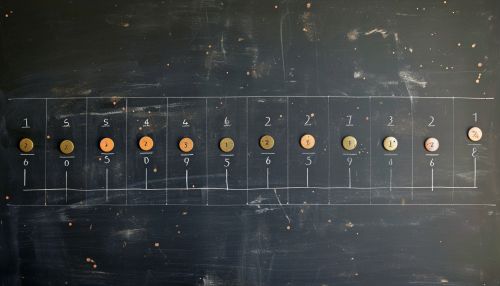Martingale (probability theory)
Introduction
In the field of probability theory, a Martingale is a sequence of random variables (or a stochastic process) for which, at a particular time in the realized sequence, the expectation of the next value in the sequence is equal to the present observed value, regardless of all prior observed values.


Definition
Formally, a sequence of random variables {Xn} is said to be a Martingale with respect to another sequence of random variables {Yn} if for all n,
1. The conditional expectation of Xn+1 given the information up to time n (i.e., given Y1, ..., Yn) is Xn. That is, E[Xn+1 | Y1, ..., Yn] = Xn.
2. Xn is integrable, i.e., E[|Xn|] < ∞.
Types of Martingales
Sub-martingale
A sequence {Xn} is called a sub-martingale if it satisfies the property that E[Xn+1 | Y1, ..., Yn] ≥ Xn. In other words, the expected value of the next observation, given all past observations, is at least the value of the current observation.
Super-martingale
A sequence {Xn} is called a super-martingale if it satisfies the property that E[Xn+1 | Y1, ..., Yn] ≤ Xn. In other words, the expected value of the next observation, given all past observations, is at most the value of the current observation.
Martingale Convergence Theorem
The Martingale Convergence Theorem is a fundamental result in the theory of martingales. It states that every bounded martingale converges almost surely. This means that if a sequence of random variables is a martingale and is bounded, then it will eventually approach a fixed limit as the number of terms goes to infinity.
Martingale in Finance
In financial mathematics, the concept of a martingale is used to model the fair price of a financial derivative. The fundamental theorem of asset pricing states that a financial market is free of arbitrage opportunities if and only if there exists a risk-neutral measure equivalent to the original probability measure under which the discounted price process of each tradable asset is a martingale.
